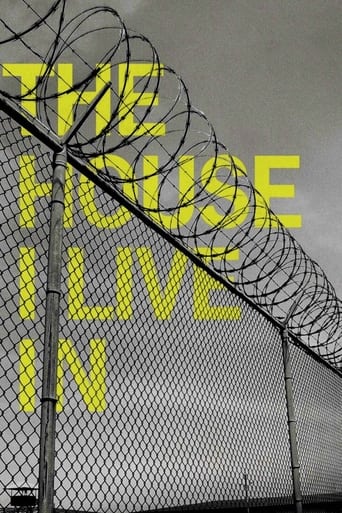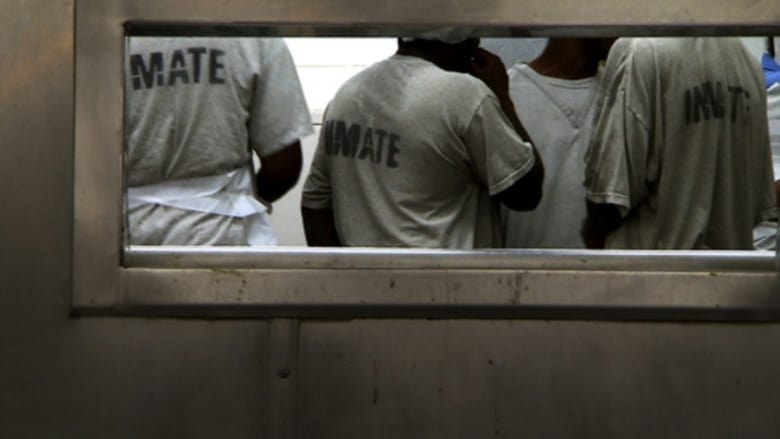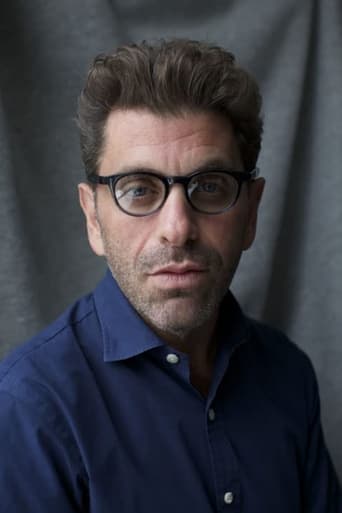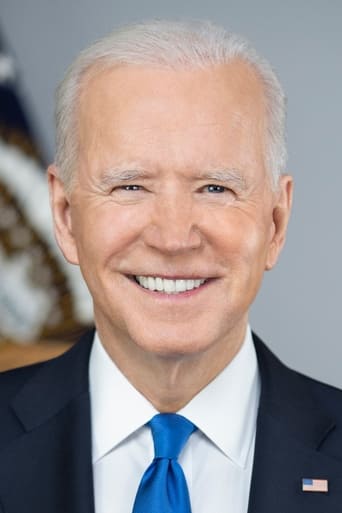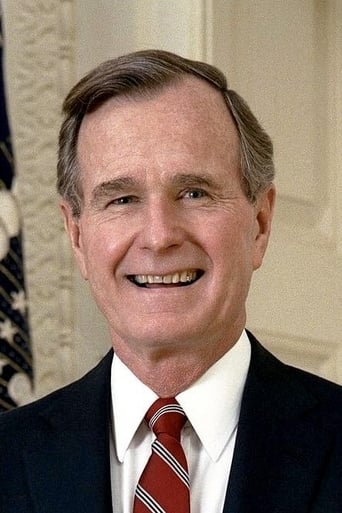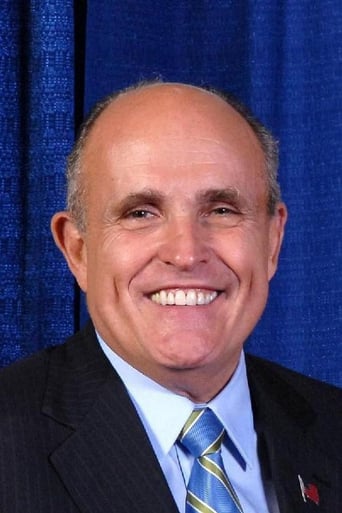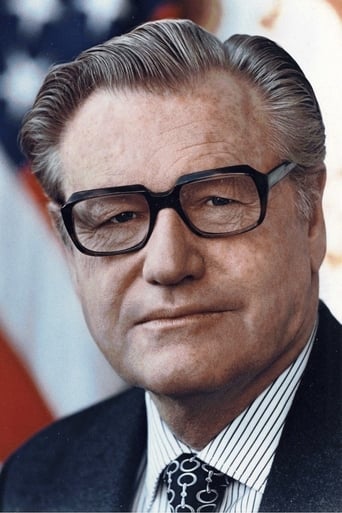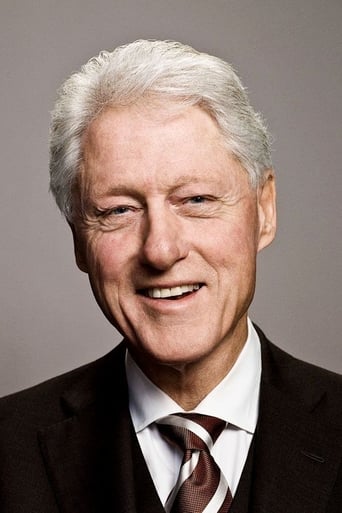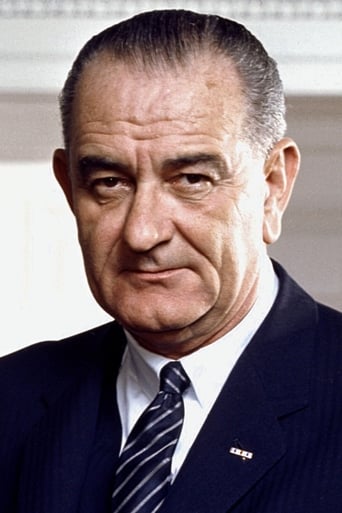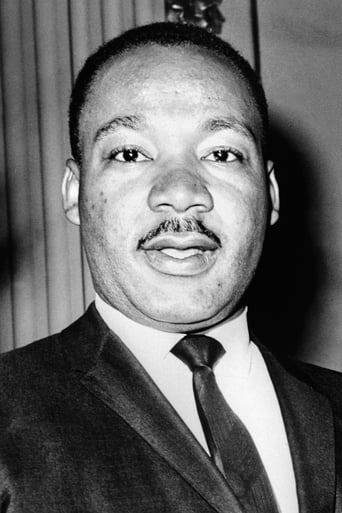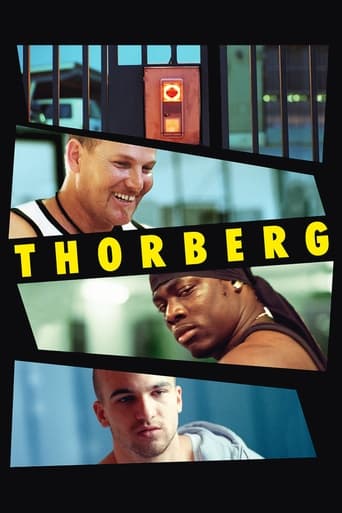In the past 40 years, the War on Drugs has accounted for 45 million arrests, made America the world's largest jailer, and destroyed impoverished communities at home and abroad. Yet drugs are cheaper, purer, and more available today than ever. Where did we go wrong?


Similar titles

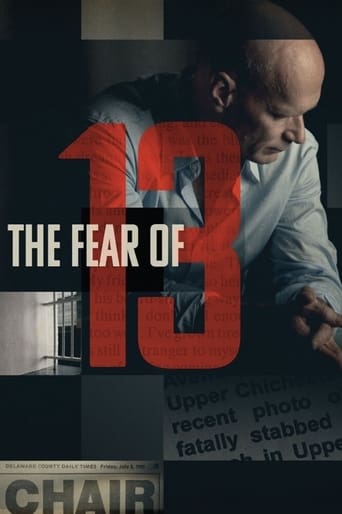
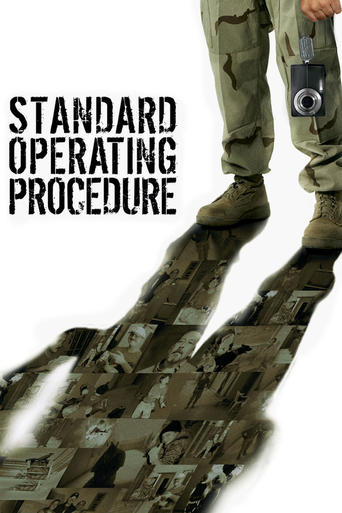
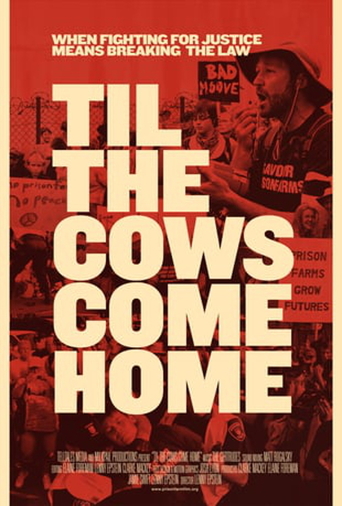
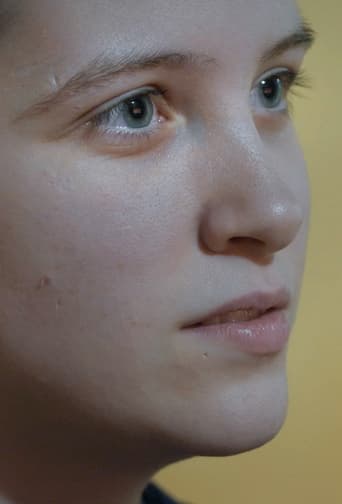
Reviews
The film is clear, at times slightly long, maybe repetitive, but clear as crystal. The war on drug was first declared by Richard Nixon in 1971 in the midst of the final sinking phase of the USA in Vietnam, of course to hide the shameful defeat in a war in which the USA should never have put their nose. But this process of declaring war on something that is as badly defined as drugs, heroin, cocaine, crack, methamphetamine, etc., or on something as emotional and sectarian as terrorism meaning Islamic terrorism, meaning Islam, has been a central characteristic of American politics for a very long period of time and as soon as they get out of one war they have to get themselves into another one. [...]This documentary concentrates on one war waged inside the USA, the war on drugs.With 5% of the population of the world the USA have 25% of the incarcerated population of the world. And most of the incarcerated people are for drug related offences, most of the time possession of small quantities of some drug or personal private use. The Black users of crack in America are 13%, just the same proportion as the black population in the USA, and yet they represent 90% of the incarcerated people for crack connected offences. The easy conclusion is that it is a war on drugs that targets the blacks. Wrong. Absolutely wrong. It is not the primary objective. It is the vicious consequence of the primary objective of the war on drugs. First the American society has been under a vast transformation of gentrification of many urban areas and the rejection of those who cannot afford these urbanized areas into derelict and dilapidated urban zones that become real ghettos for the poor, not racial ghettos, but ghettos of the poor. There can even be some whites, and in the apocalyptic de-industrialized urban areas in the USA, ex- blue- collar working class neighborhood the white population may be the majority of these abandoned, unemployed people.It is just a consequence of this ghettoization of rundown urban areas in which the poorest population find themselves locked up and under constant police surveillance if not harassment, the only economic activity is producing, distributing and selling drugs, and the only compensation for the feeling of complete abandon is using drugs. Add to that the fact that mandatory sentences have been instated for drug offenses by the various state legislatures and by federal Congress, under Democrat or Republican congressional majorities or Presidents, that make drugs the main cause of imprisonment and the guarantee that you will spend a great number of years in prison for a nonviolent offense that does not draw blood from anyone, except in a metaphorical sense.Even worse they have established extremely heavy (twenty times heavier, sentences for smokable cocaine (crack) as compared to powder cocaine, and there a social preference is clear that becomes racial. Crack is a street drug essentially used by the poorest in a society, hence in the poor ghettos where the majority of the population is black. Just raid these ghettos and you'll get your victims. Powder cocaine is middle-class and upper class, hence mainly white.Even worse. The policemen in the various Police Departments get extra premiums for the arrests they make: a raid on drugs in one ghetto is going to bring an easy fifty or more arrests, fifty or more premiums shared by the various cops, whereas the Crime Investigation Service might make only one arrest in one week or one month. They do not wear uniforms, they are paid better, but premium- wise they do not have the proper end of the stick. That encourages the uniformed policemen to arrest as many drug offenders as possible, even for possession when they find one gram of crack in a pocket after searching someone who was just passing by. The last vicious element is that they are building prisons for an ever and fast increasing population. Once the prisons are built, they have to be filled. They are often Public Private Partnership managed as industrial units by the private partner who guarantees a vast profit shared between the local public authority and the private partner and becoming the first employer of the community, hence and thus untouchable. Here you have the full recipe for success: let's get rid of the poor by putting them away in concentration camp called prison where they can generate a profit for the community and some private concerns, where they will stay for long periods of time and come back after a short recess of freedom, and the vast majority of the population in these prisons will be black: a vengeance of the USA on their ex- slaves, five generations later, on these rowdy people who dare demonstrate and fight for human rights and civil liberties.The war on drugs is the way the USA are eliminating the poor by incarcerating them, with the secondary effect of hitting the black population first of all and thus de-structuring that population thus forever doomed in their Post Traumatic Slavery Stress Syndrome. And Trump has just said it: no discrimination will be tolerated but this is not discrimination. This is the war on drugs and crime, hence a holy war at least at the same level as the war against Islamic terrorism, as Trump as said again. And God is on his side, he said too.Dr. Jacques COULARDEAU
This outstanding documentary is being shown across the nation in prisons, watched by guards and inmates. Including inmates, prison officials, and scholars of corrections, this documentary is riveting. It exposes what mandatory sentencing for drug use and sale, victimless crimes, has done to fill our prisons and promote expansion and privatization. It is an excellent companion piece to Michelle Alexander's outstanding book, The New Jim Crow. Its findings show the personal impact of the US having one of the largest prison populations in the world and paying $24,000 per inmate to incarcerate rather than funding programs, including job training, and policies including a higher minimum wage and changing sentencing so that victimless crimes do not net a felony conviction, that would help offenders function in the outside world. It is a must see!
Wise men know that they don't know everything. That is the genius of the US Constitution... it can change. Our society changes. Sometimes, clear and concise argument can make flip-floppers of any of us. "The house I live in" was just such a film to me. In one segment of a solving the problem sequence, Gabor Maté MD, came out of the dark like an archangel from a stormy sky and slew my concepts of education and happiness.How he changed me, was as profound as Mark Twain's War Prayer where he brings forth the idea of a spoken prayer and a silent prayer. God hears both and from his grave Twain's writings elevate my humanity. I considered the education system as the last hope for a dysfunctional nuclear family bereft with poverty, low wage and poor nutrition. I now agree with Maté (BTW é is: alt0233) that without out a good family life, without the stressors that make you watch the horizon for wolves, you can't learn. And while the education system says it can control the home life, all it's slogans, money and pedagogy... it is doomed to failure. The Prison Industrial complex is made clear as Richard Mitchell makes clear the Graves of Acadamie. The drug war funds lots of retirements and has to be stopped because the metrics say so and we say so. It's a good path if you want a lot of your injured soldiers to find work when they come back, brainwashed in the pseudosuccess of authoritarianism never reading 2 time medal of honor winner Smedley Butler. These systems of control are very fragile and close to falling... support this film, learn from this film and push back. You'll be amazed at the happiness right around the corner, IMHO. Thank you so much, to all who took part in making this film. Lawson di Ransom Canyon 2013
The House I Live In takes the complex issue of the failed war on drugs and breaks it down to a level that is both digestible and striking nonetheless. The film provides substantial historical evidence to make a powerful argument against the American war on drugs. The House I Live In exposes the many flaws of current anti-drug policies and strategies from a multitude of perspectives, drawing from historians and academics to front- of-the-line law enforcement and correctional officers alike. The film brilliantly ties these perspectives in a way that can effectively inspire viewers from all backgrounds to take a stand in confronting this largely unrecognized national issue.The film provides an impressively broad set of data and evidence that cohesively screams one message—the war on drugs is a failure to the American public. As the first film focused solely on the subject, The House I Live In is undoubtedly one of the decade's most important films.
